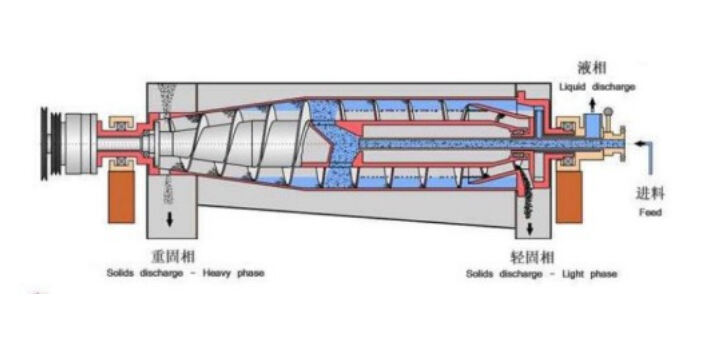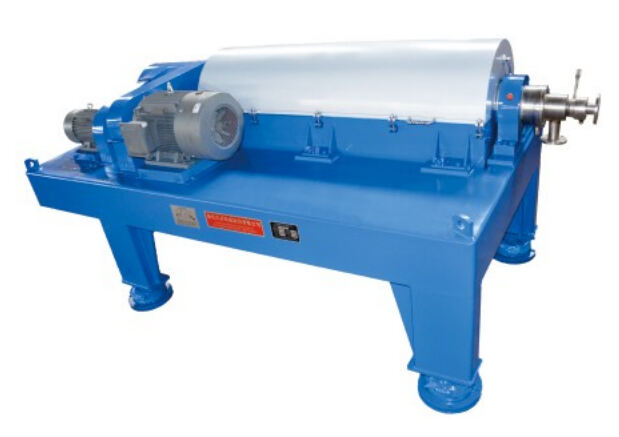industrial beverage processing equipment
Industrial beverage processing equipment represents a comprehensive suite of machinery designed to handle the entire spectrum of beverage production, from initial ingredient processing to final packaging. This sophisticated equipment encompasses multiple integrated systems, including mixing tanks, homogenizers, pasteurizers, filtration units, and filling machines. Modern beverage processing equipment incorporates advanced automation technologies, ensuring precise control over critical parameters such as temperature, pressure, and flow rates. The equipment is engineered to maintain strict hygiene standards through Clean-in-Place (CIP) systems and sanitary design features. It can process various beverages, including carbonated soft drinks, juices, dairy products, and alcoholic beverages, with production capacities ranging from small batch operations to high-volume continuous processing. The systems are equipped with smart sensors and monitoring devices that provide real-time data on production metrics, quality parameters, and equipment performance. These machines are built to comply with international food safety standards and regulations, featuring stainless steel construction and FDA-approved materials for product contact surfaces.


